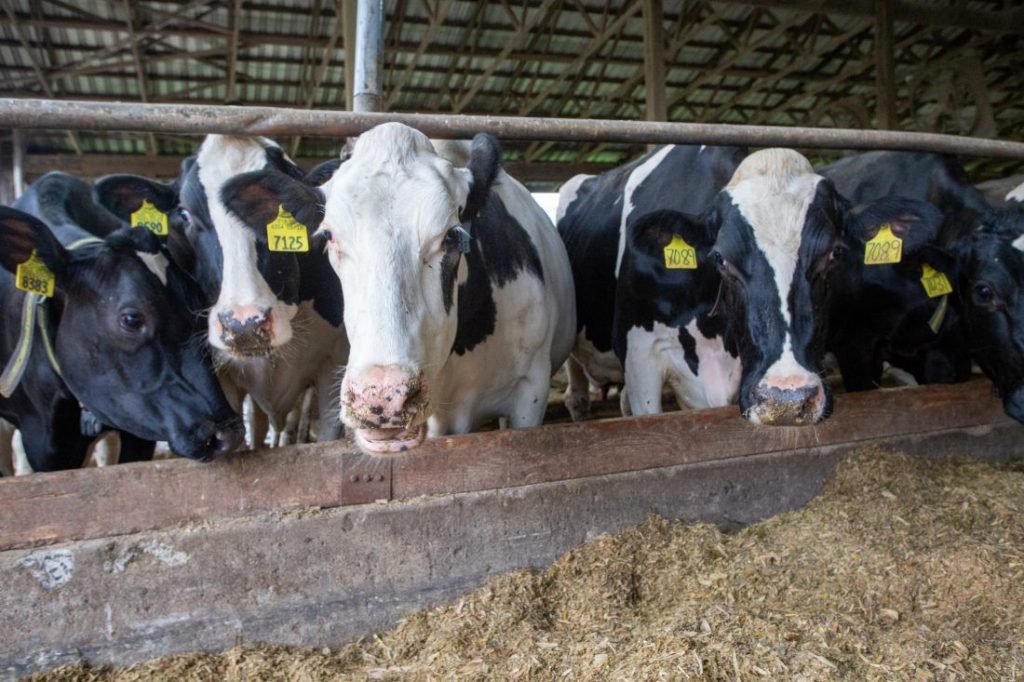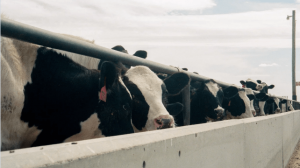
Family farms, especially those in the dairy sector, are experiencing a crisis right now and it’s not of their own making.
Between inequitable government-controlled pricing, the rising costs of equipment and the encroaching spread of mega-facilities, the number of dairy farms has decreased drastically in the last 60 years from more than a million down to fewer than 32,000 today.
“It does not care about the owners who get themselves over-extended with credit because they just want to keep farming … they’re very mechanistic. It’s almost like they’ve lost their minds, their hearts and I don’t want to say they’ve lost their souls — that’s not for me to judge, but there’s a lot of hard people out there pushing industrialized megasystem of food production.”
Cochran made her statements at an event at St. Joseph the Worker Catholic Church focusing on the plight of farmers. Also slated to speak were Walter Barner, Tioga County, and Beth Troester, Union County, both of whom were unable to attend because of harvest time at their farms. Area resident Carol Sides also spoke about her experiences growing up with family members who were farmers.
The lack of control by farmers in setting prices for their products was addressed in a statement from Troester, which was read at the meeting.
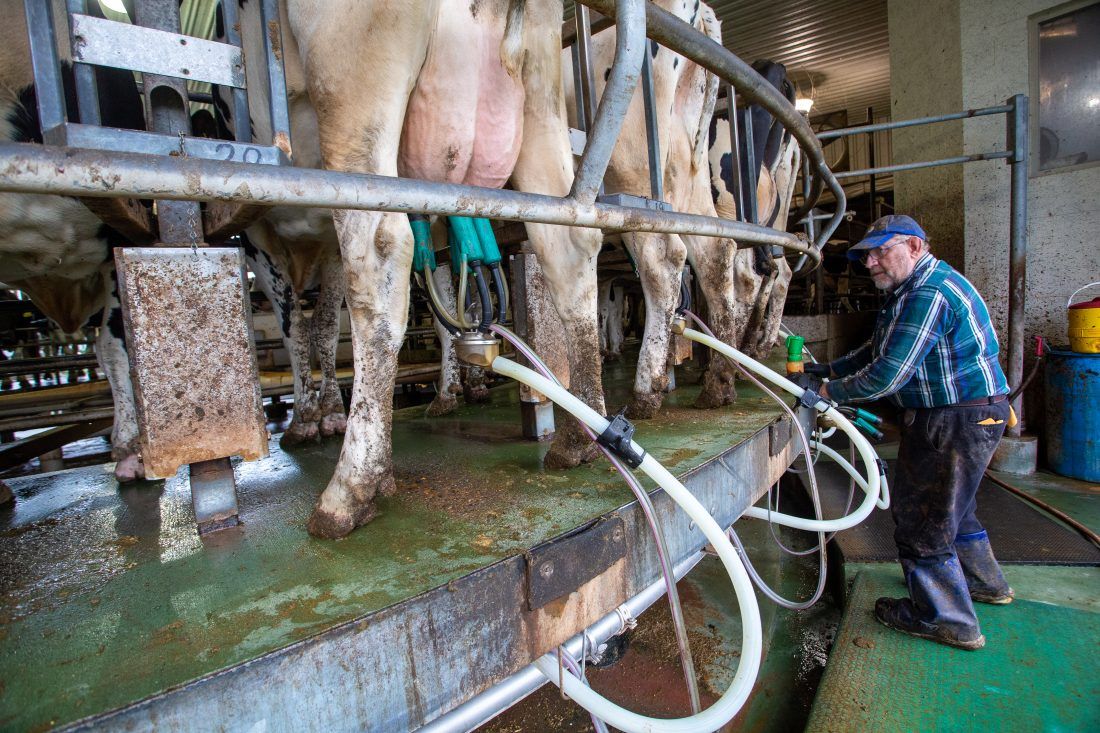
“The government and co-ops control the price,” Troester wrote. “The average cost of production is not considered in the pricing of milk. The dairy farmer has no say.
“If we need parts ordered, we pay the shipping, and if we need to ship anything, we pay the shipping also. To have our milk picked at the farm, we pay the hauling plus advertising, marketing and co-op fees. … The costs for repairs, utilities, feed, supplies, taxes and machinery replacements keep increasing every year.”
Troester noted that the average cost in this country to produce farm milk is at least $22 per hundredweight, or 100 pounds of milk. The price she and her husband received in September for their milk was $16.99 per hundredweight.
Farmers are paid by the hundredweight. There are 11.63 gallons in 100 pounds of milk.
According to Cochran, during the pandemic last year, milk prices dropped to $9 per hundredweight, which is why there were reports of farmers dumping milk rather than paying the costs associated with shipping it.
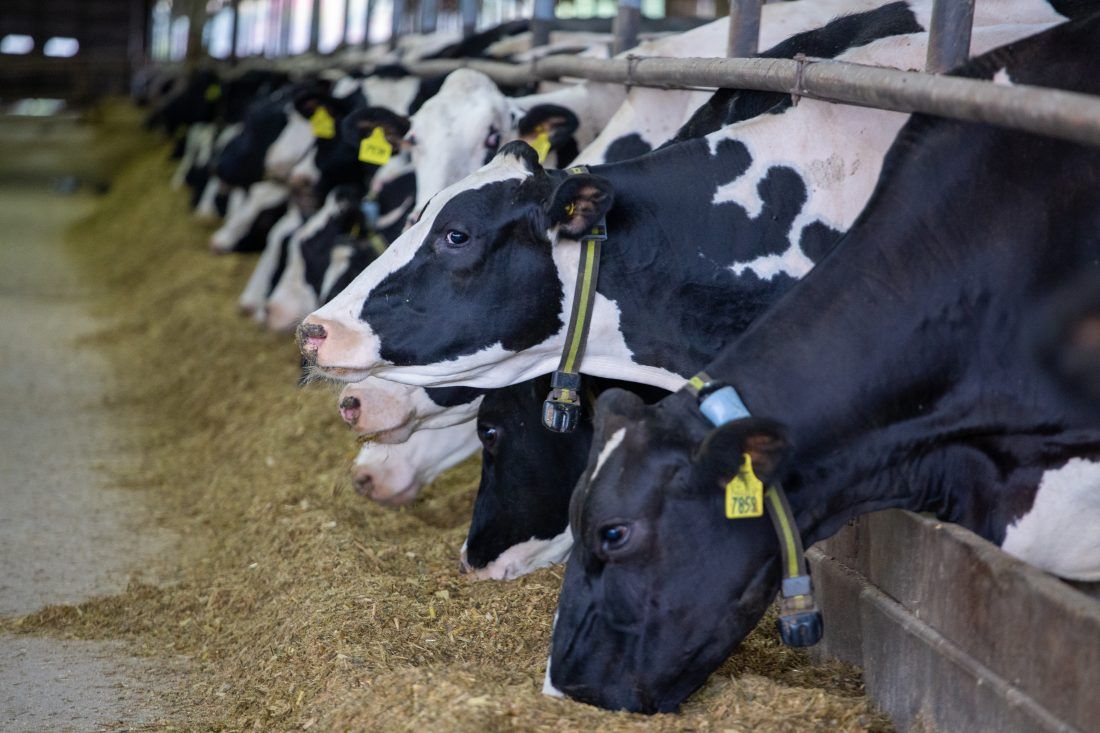
Cochran, who is president of Farm Women United, detailed actions the federal government has taken for the past 50 years that have affected farmers, beginning with a report that came out in 1962 that actively tried to discourage people from farming.
“We do have our hands on what is called the CED (Committee for Economic Development) report which was drafted by over 100 CEOs of corporations saying that we had a misallocation of labor and we had to get these people off the farms,” Cochran said. “One of the examples is that they were going to defund FFA programs. They were going to give people incentives to go to college X-number of miles from the farms.”
Stressing that the problem is related to politics but not partisan, as policies were enacted under both Republican and Democratic administrations through the years, Cochran said, “Everybody should agree on the problems. They may have different ideas on how to solve them, but no one is agreeing there is a problem.”
“Things have really changed for family dairy farmers since the government decided we were expendable and the situation is still changing and not for the better,” Troester wrote. “Many dairy farmers have gone out of business. Very few young dairy farmers can remain in dairy farming. Dairy farmers have been suffering and struggling way to long with low milk prices, which are always less than the average cost of production.”
Troester and her husband, LeRoy, who is 75, milk around 750 cows on their farm with their son LeRoy Jr.
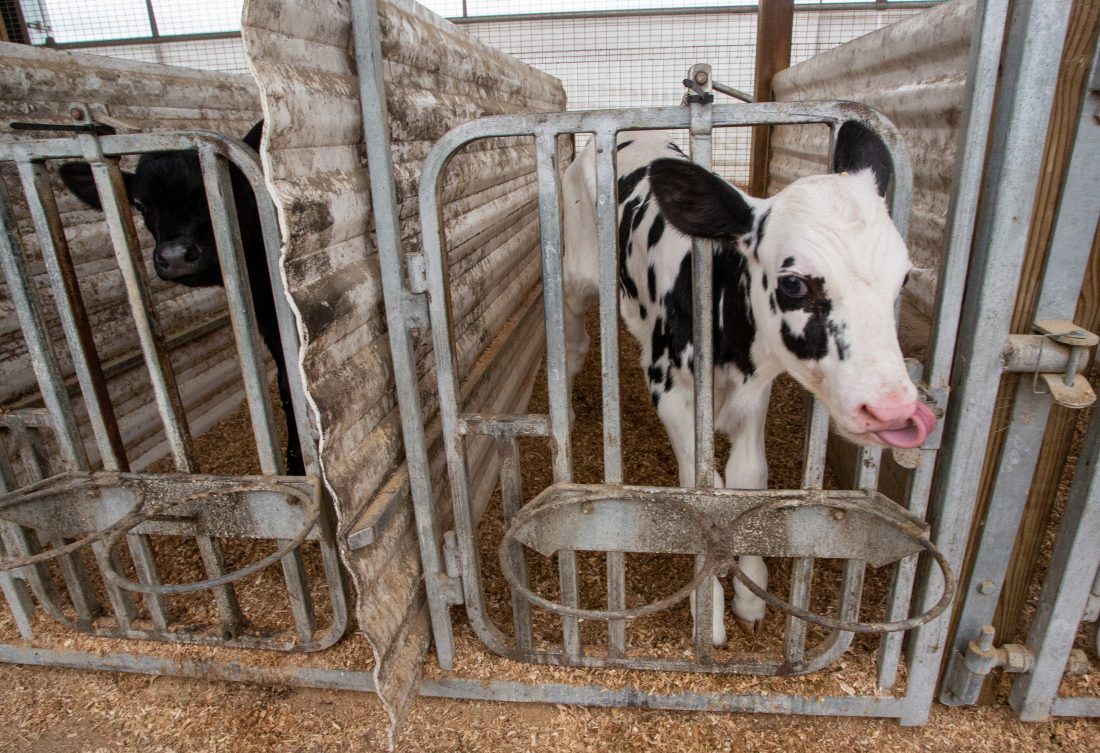
“The supply chain is in a crisis now with food, supplies and parts, gas, fuel, etc. Things will get a lot worse for everybody if something is not done, and soon, to keep our local dairy farmers on the land. We need an equitable milk price if we are to survive,” she stated.
